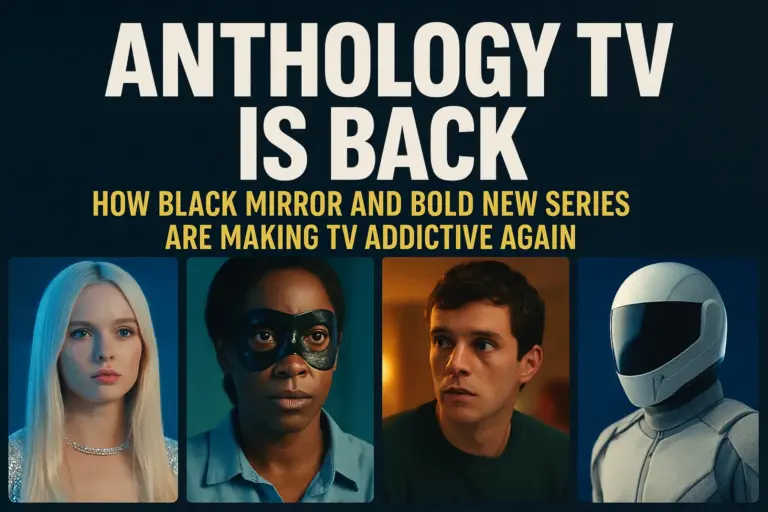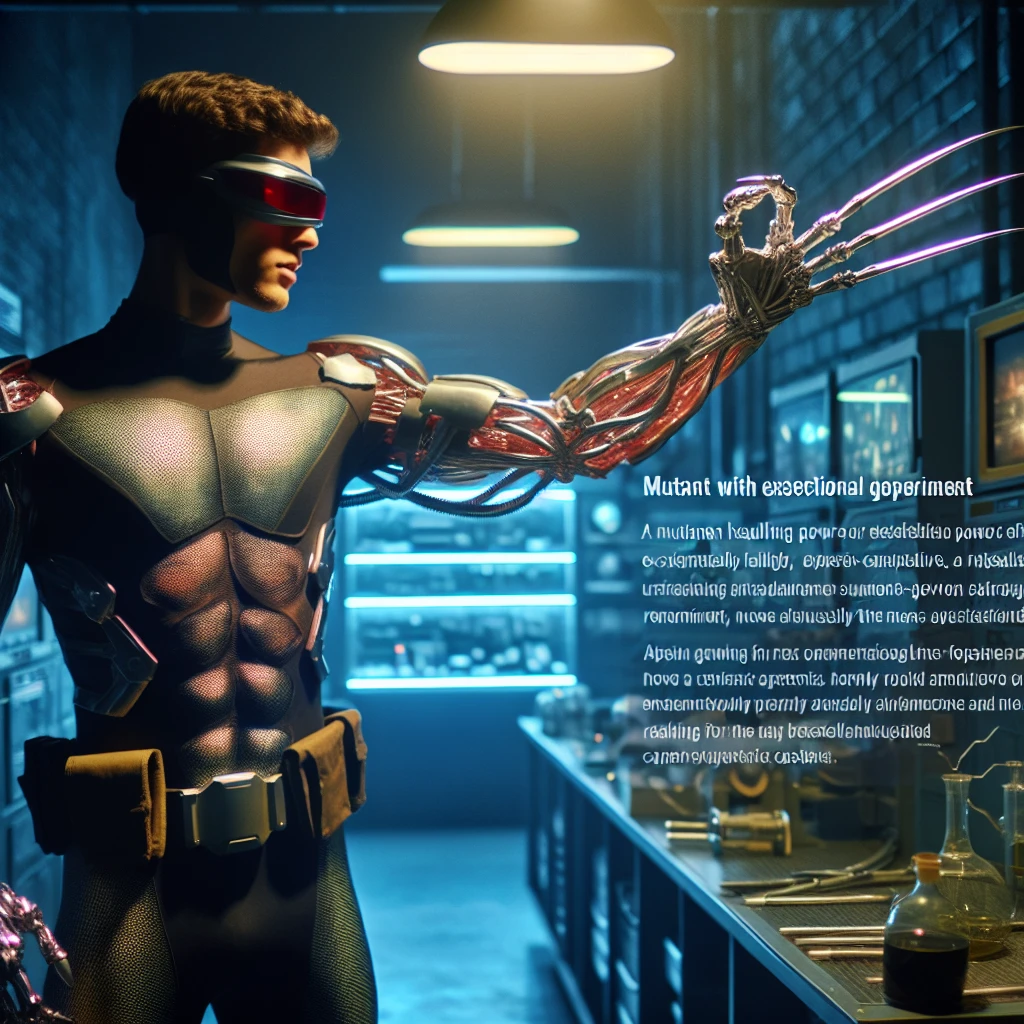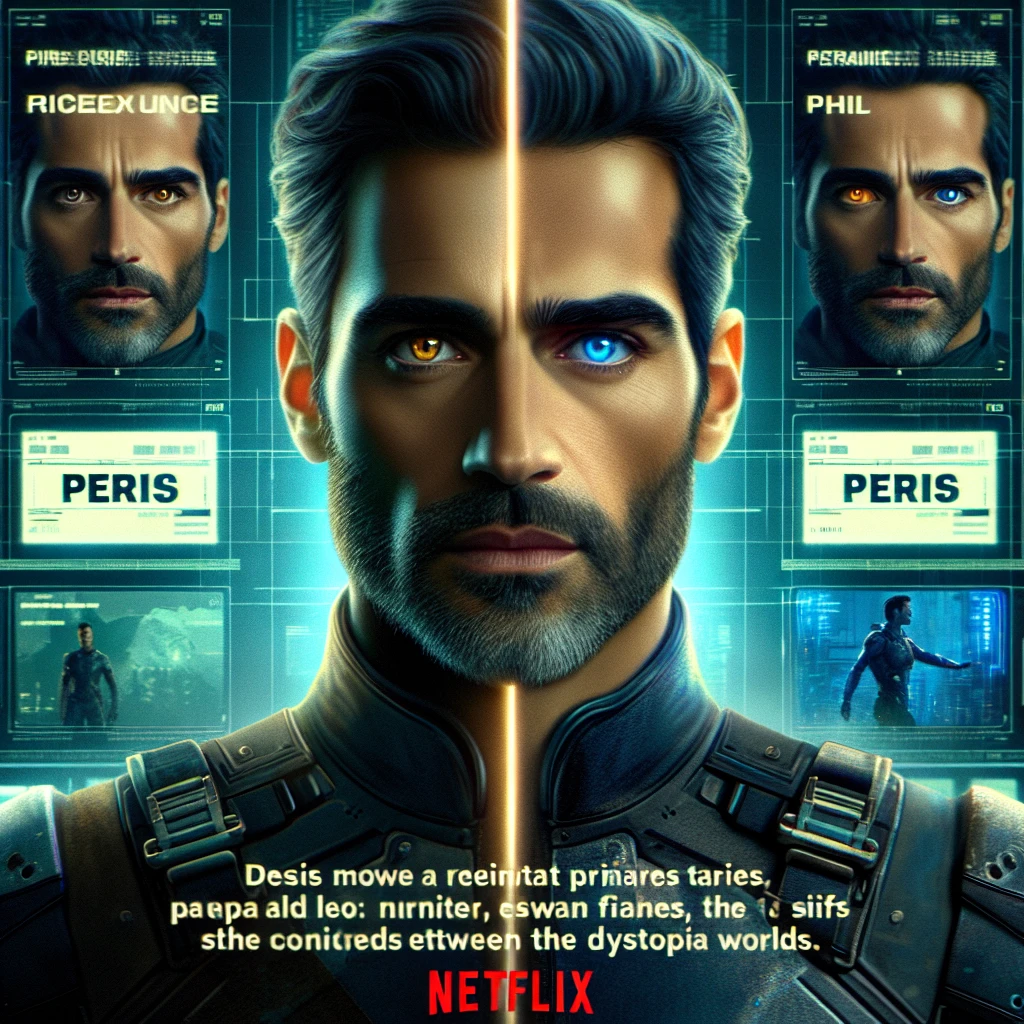AI specialist Sasha Luccioni has critiqued Alex Garland’s sci-fi film, *Ex Machina*, highlighting several technological inaccuracies within the narrative, even though it boasts an impressive 92% critics score on Rotten Tomatoes. Directed by Garland in 2015, the movie follows a young programmer, Caleb (played by Domhnall Gleeson), who wins a contest to spend a week with Nathan Bateman (Oscar Issac), the CEO of his search engine company. Caleb soon discovers his true purpose: to evaluate the capabilities of Nathan’s AI creation, Ava (Alicia Vikander). The film was lauded by critics, winning the Oscar for Best Visual Effects and securing a nomination for Best Screenplay.
In a discussion with *Insider* for their series *How Real Is It?*, Luccioni delved into the technological inaccuracies present in *Ex Machina*, despite its critical acclaim. Starting at 9:00 in the video, the AI expert outlines the near-impossibility of Nathan hacking the cellphone data of everyone, even from his position within a large company. Luccioni also questions Ava’s supposed ability to detect deception and emotions, noting that such capabilities would be unfeasible since she wouldn’t be able to read minds. Below are some of Luccioni’s insights:
Hacking into everyone’s cellphone data would pose a significant challenge. Ideally, our data protection measures are stronger than depicted. Although there are instances where microphones are activated on a person’s phone without their knowledge, such scenarios are exceptions rather than the norm.
There are AI systems claimed to discern lies and emotions, but those I would trust rely on physiological indicators, such as lie-detector tests, which monitor heart rates and stress levels. Any AI using video alone to determine emotions or deception would be unreliable. For instance, even if trained on Caleb’s data to detect his lies, it wouldn’t be capable of truly understanding his thoughts without direct brain access. I would rate this aspect a 4 out of 10, given the implausibility of consciousness and lie detection from a mere single-word response.
Implications of Technological Unrealism in *Ex Machina*
*The Film’s Impact Despite Creative Liberties*
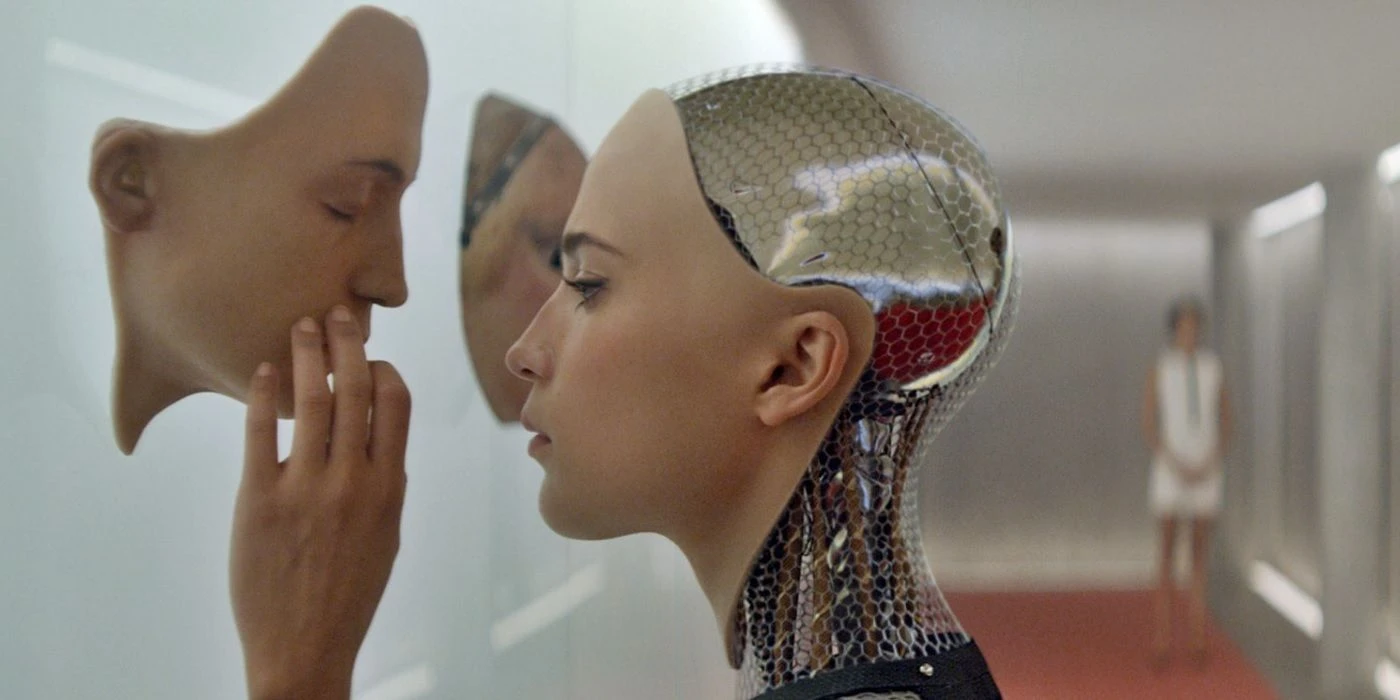
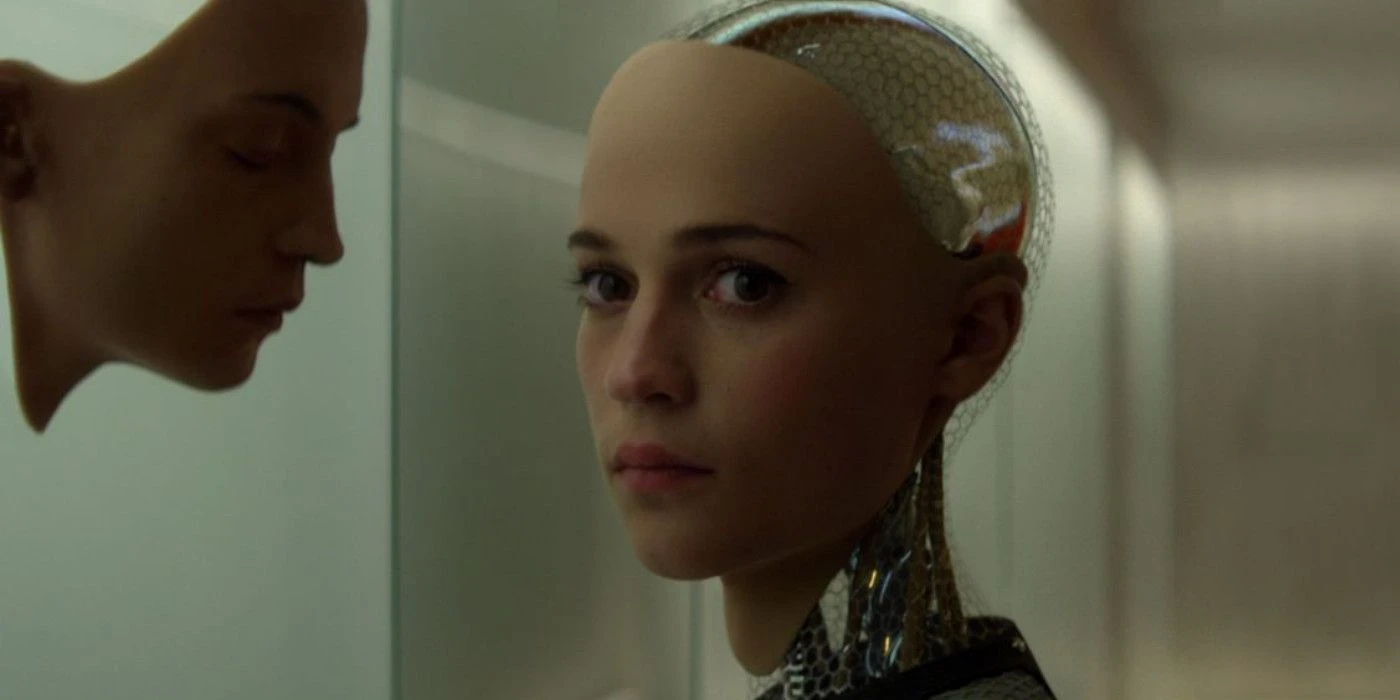
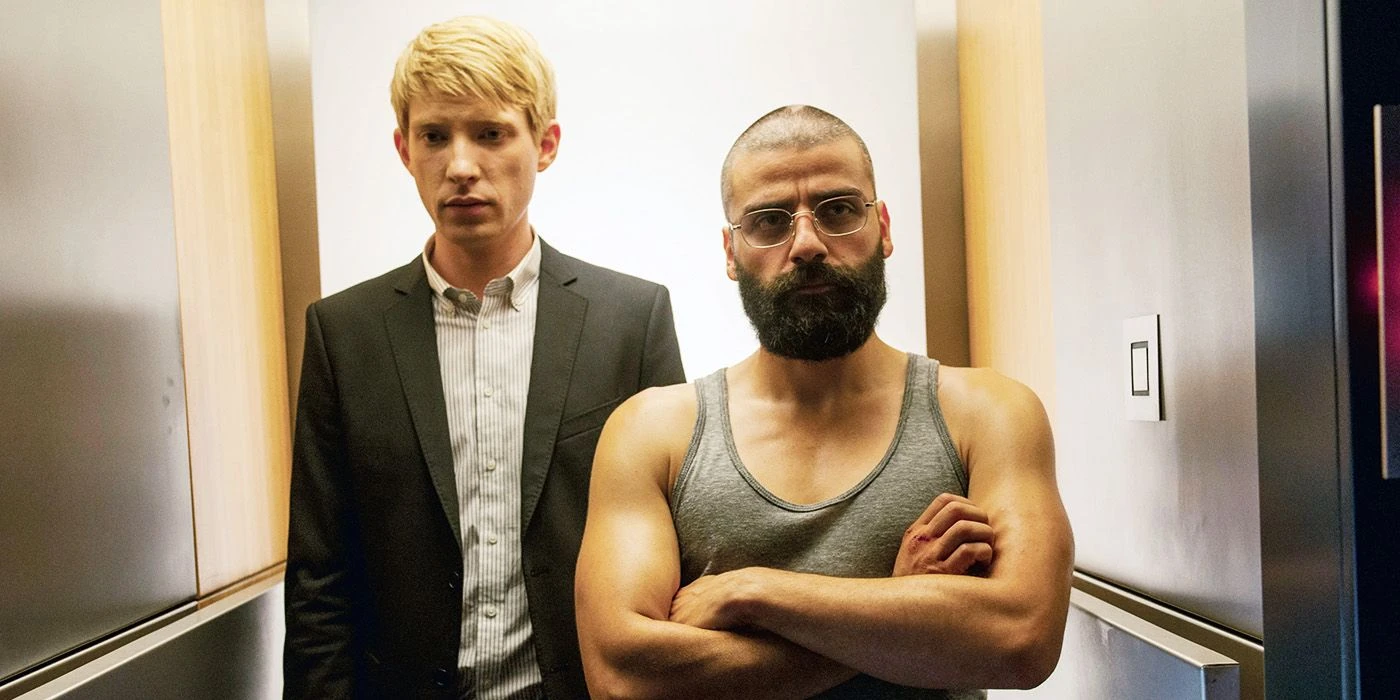
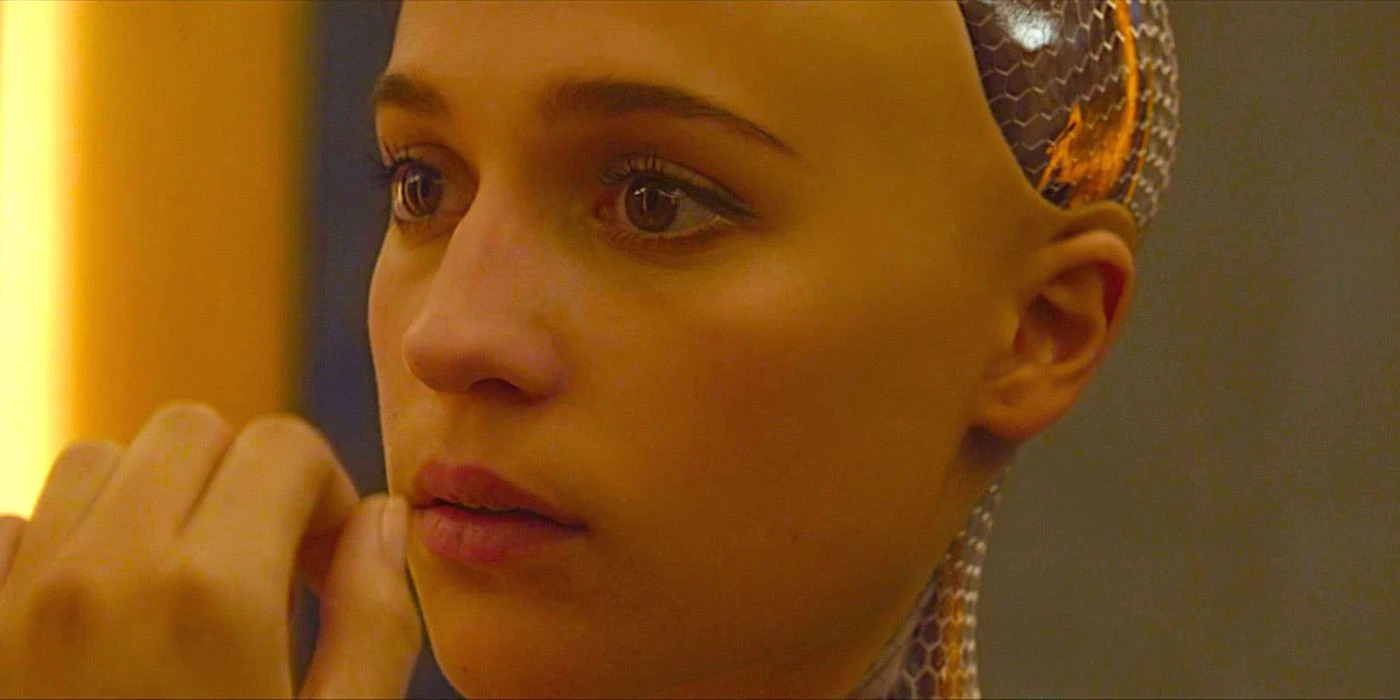

Luccioni’s low rating of the film’s realistic portrayal does slightly undermine its premise, as nothing in the current technological landscape mirrors the events depicted in Garland’s movie. Films like *Ex Machina* and *M3GAN* explore the potential pitfalls of technological reliance and AI self-awareness, yet they also provoke questions about their feasibility. Although AI advancements might lead to more human-like technology over time, the concepts of hacking global cellphone networks and robots accurately predicting emotions remain far-fetched.
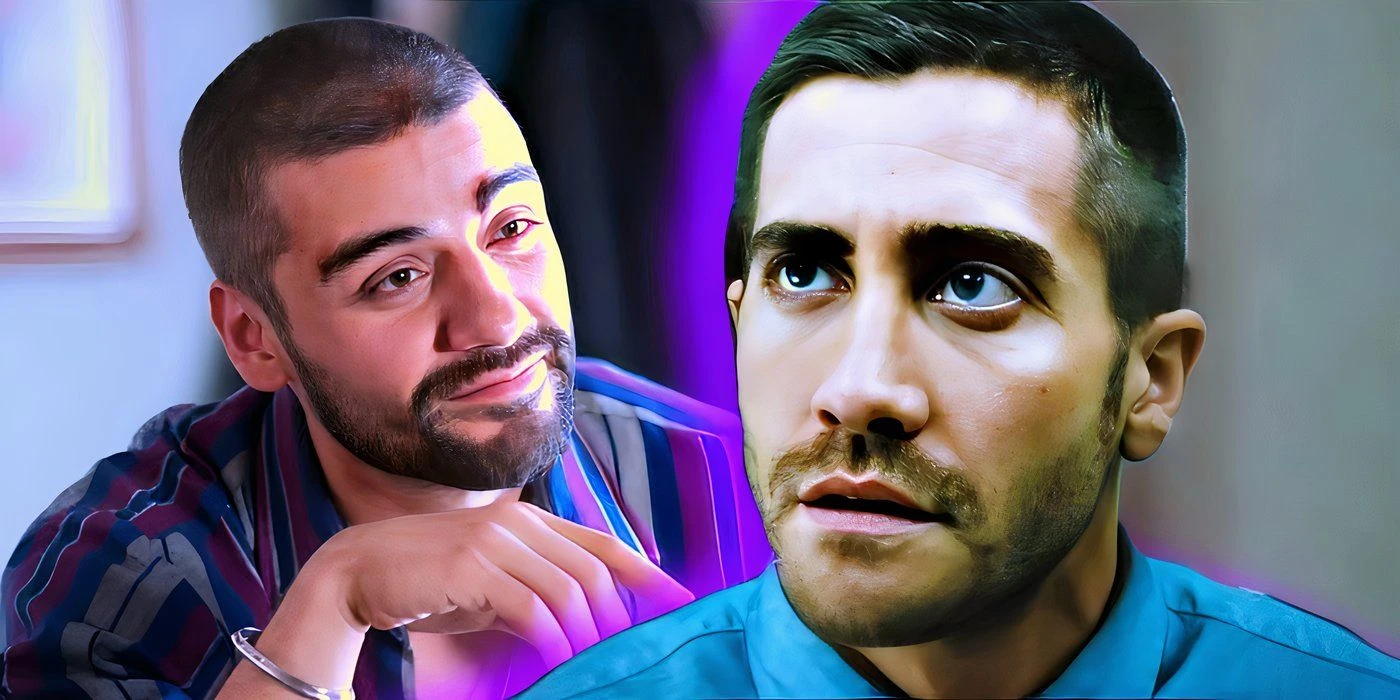
Jake Gyllenhaal Almost Landed The 92% RT Sci-Fi Role That Propelled Oscar Isaac's Career
Nevertheless, the central theme of Garland’s film is the peril of unchecked technological advancement, underscored by the conclusion in which Ava integrates into human society. The narrative emphasizes inevitable AI integration into daily life, despite the exaggerated portrayal of technological development. This thematic exploration is enhanced by the film’s speculative approach to AI evolution.
Beyond its Oscar accolades, *Ex Machina* received five nominations at the British Academy Film Awards, and Alicia Vikander earned a nomination for Best Supporting Actress at the Golden Globes.
Our Perspective on *Ex Machina*’s Technological Discrepancies
*Bridging Reality and Fiction*
While it’s somewhat disappointing that *Ex Machina* isn’t as rooted in reality as it appears, the film’s gripping premise remains intact. Despite AI’s current limitations compared to Ava’s capabilities, the film’s exploration of misguided technological progress, the essence of humanity, and the costs of advancement offers a rich, unforgettable experience in Garland’s oeuvre. Moreover, it’s somewhat comforting to realize that AI is unlikely to reach such advanced levels in the near future as depicted in the movie.
Source: *Insider*/YouTube
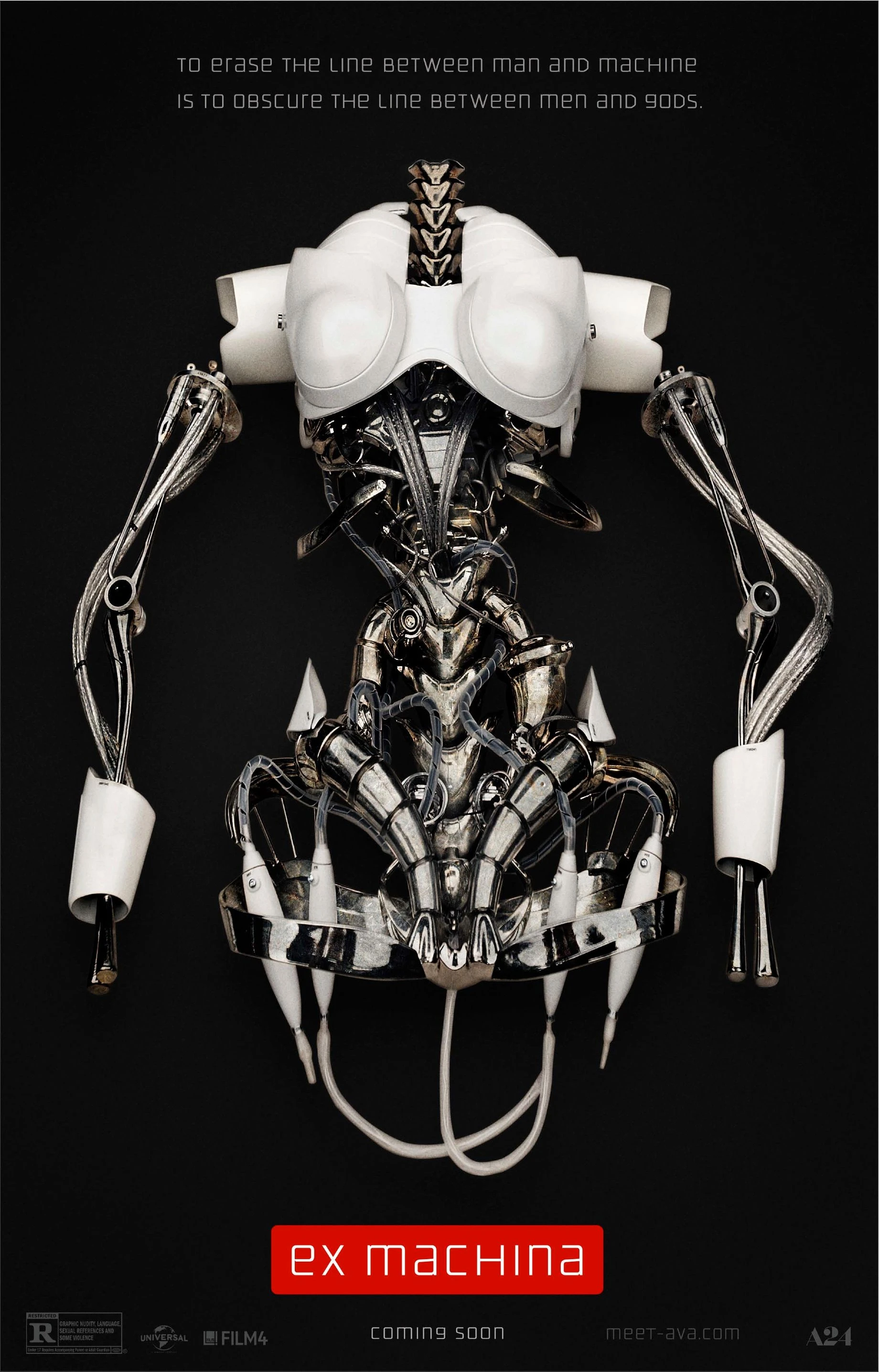
Ex Machina
- Sci-Fi
- Drama
Young computer programmer Caleb is selected to participate in a groundbreaking experiment by evaluating the human qualities in a new and improved female artificial intelligence. But in the luxurious, isolated mansion of the man who created this technology, all may not be as it seems.


